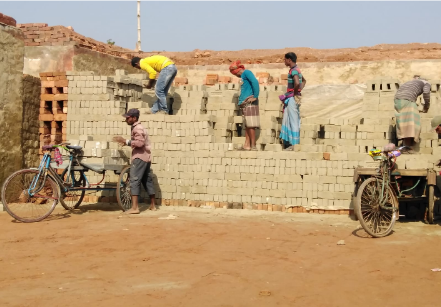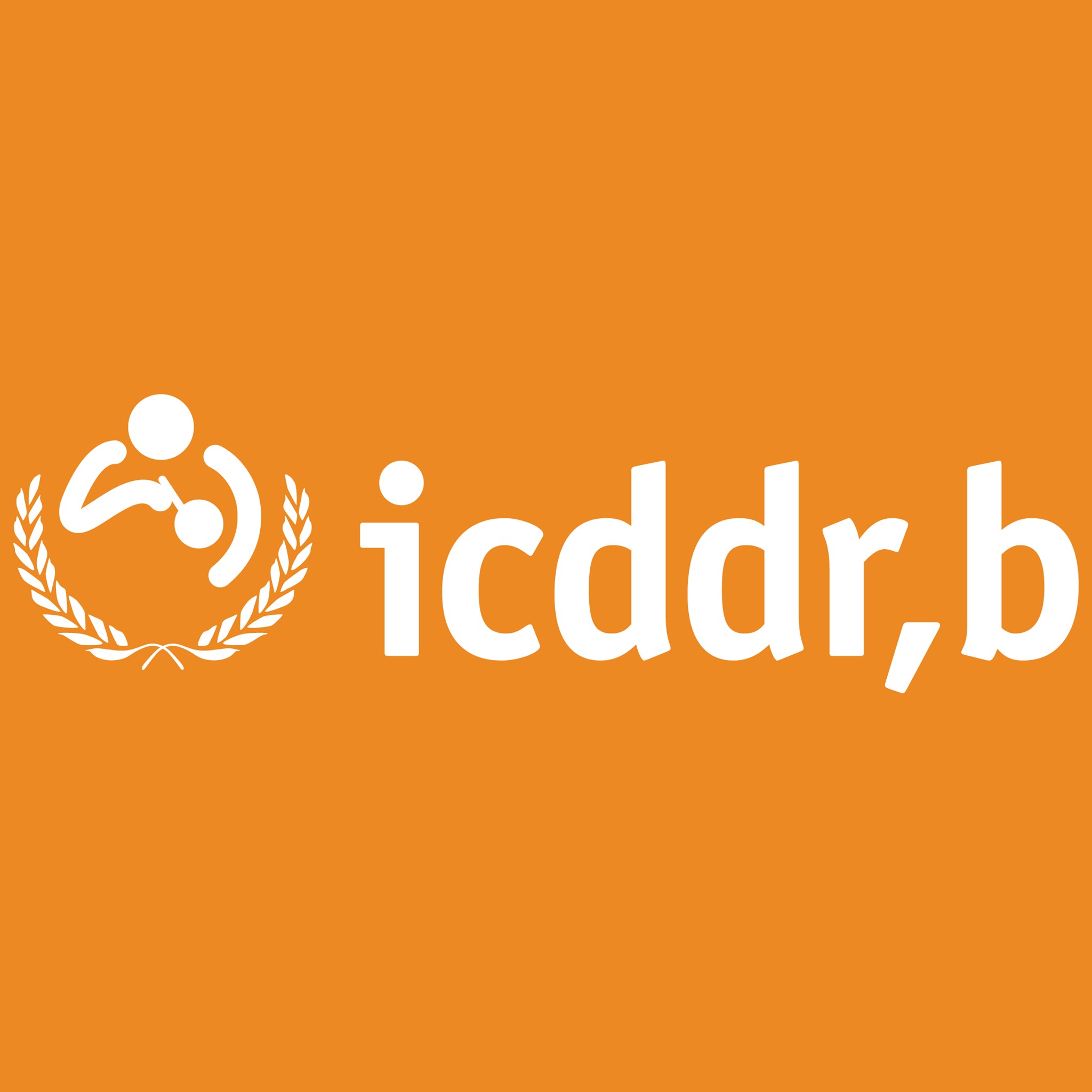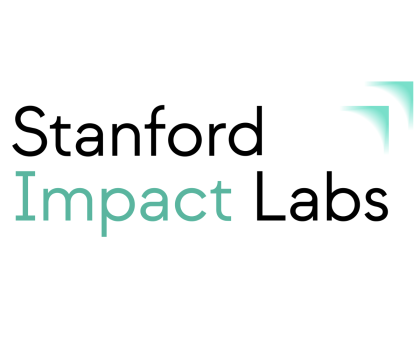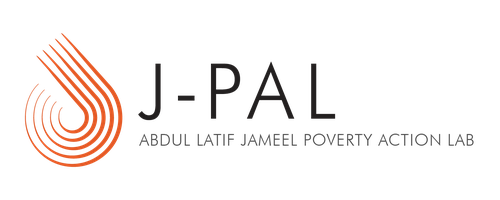Profit Motives, Working Conditions, and Labor Trafficking: Evidence from Bangladesh’s Brick Kiln Industry

Researchers are conducting a randomized evaluation to measure whether training and encouraging kiln owners to implement strategies to incentivize adoption of cleaner brick kilns improves working conditions and reduces human trafficking.
Despite being a key source of employment in Bangladesh, brick kilns significantly contribute to climate change and local air pollution, and commonly rely on bonded and forced labor, often involving migrants (ILO 2017). Zigzag kilns—which use a unique design to redirect the air flow and change the way coal is loaded—have the potential to reduce carbon emissions and increase profitability if operated correctly. However, their efficient implementation hinges on worker cooperation, a factor often hindered by kiln owners’ inattention to worker incentives.
Researchers are conducting a randomized evaluation to measure the impact of training and encouraging kiln owners to implement strategies that incentivize workers to adopt these improved zigzag kilns and practices. The project will assess whether increased worker adoption leads to improvements in working conditions and reduces human trafficking in brick kilns.
Implementing Partner

Funding Partners














